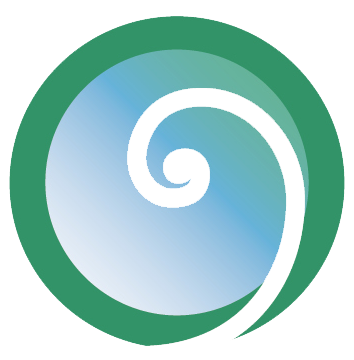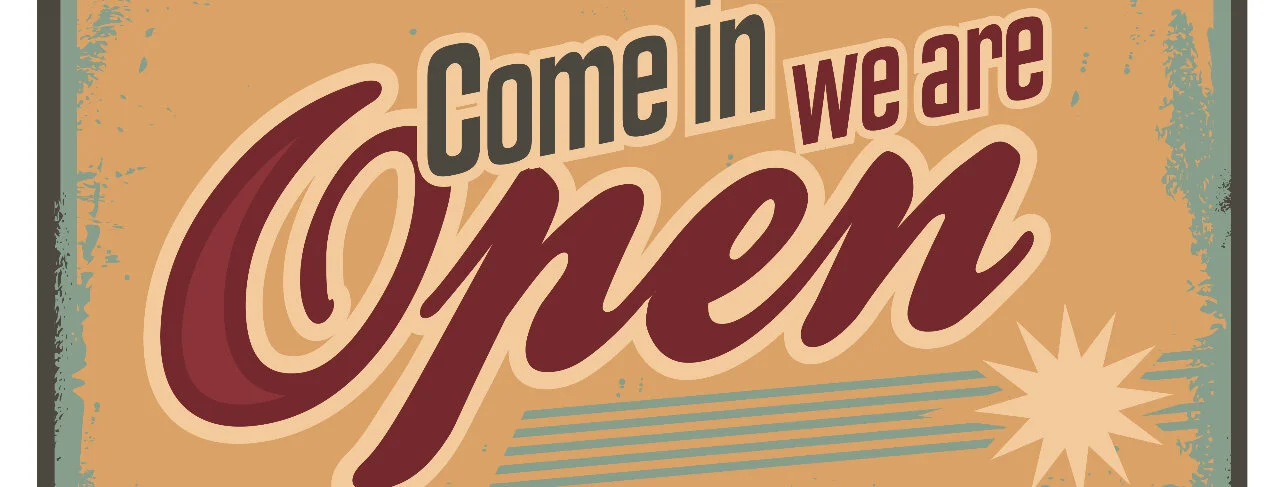Have you ever wondered how you know you’re sitting and not, for instance, standing or lying down?
A key feature of the AT is its ability to activate kinesthetic awareness, which functions like a superpower, helping you know how you are doing anything that you might be doing. It is how you know what you’re sensing and how you sense what you’re knowing.
Includes a Bodymind Experiment

























